
Puppy Diarrhea is a very common燾ondition, and most puppy owners will have to deal with it sooner or later! However, diarrhea in puppies can be a symptom of some very nasty dog illnesses and it's important for puppy parents to know when to seek veterinary assistance.
When you抮e a puppy owner, the chances are good that you抣l encounter puppy diarrhea sooner or later! It抯 a fairly common problem which can have several different causes, some minor, and some very serious.
Diarrhea in puppies can be one of the first, major symptoms of some very nasty, contagious and even, potentially fatal, illnesses. However, it can also be the result of a simple change in diet or too much excitement! Knowing how to tell the difference, and when to seek help without delay, could literally be a lifesaver for your puppy.
Puppy diarrhea can range from a soft, chocolate pudding consistency to a jet of water?and all the stages in between. The more liquid the stool, the more serious the diarrhea, which increases your puppy抯 risk of dehydration.
A soft, 憁elted ice-cream to chocolate pudding?stool
could be the result of a sudden change in diet. Such as when a puppy goes to his new home and is given a different brand of dog food. To avoid this, always make the change over a gradual one. Replace some of the familiar food with the new one, and slowly (over a period of a week or so) increase the new while decreasing the old.
Diarrhea in puppies can also be caused by exposure to stress, such as traveling, visiting the veterinarian or adjusting to a new home. Or maybe your pup抯 been snacking on left-over抯 from the trash can卛t抯 a pretty safe bet that a midnight snack of?cold pizza or banana peel is going to result in puppy diarrhea tomorrow.
With this kind of diarrhea, and in the absence of any other symptoms such as vomiting, lethargy or loss of appetite, your best course of action is to withhold food for 24 hours to allow your pup抯 little tummy to settle down. Do make sure that you give him access to plenty of fresh water though. If his condition deteriorates or is not improved by the next day, call your vet immediately.
Young puppies can become seriously dehydrated in as little as 24 to 48 hours, so it抯 vital to keep the fluids coming. You can add some unflavored Paedialyte (available in the baby section of your local grocery store or pharmacy) to his drinking bowl if you抎 like. If your puppy won抰/can抰 drink, or is vomiting, you need to get in touch with your veterinarian for advice right away.
The water-jet variety?/P>
Puppy diarrhea that抯 watery, or contains mucous, could be a symptom of one of several very serious and potentially fatal dog illnesses. Although there are often accompanying symptoms, such as vomiting or lethargy, this kind of diarrhea shouldn抰 be ignored even if seen on it抯 own.
A bad case of worms (such as roundworms) or a parasitic infection, such as Coccidia or Giardia are all possibilities. As are serious, infectious diseases such as Corona Virus, Hepatitis and others. These conditions are very potentially very dangerous, and need immediate veterinary attention. Treatment usually involves the administration of fluids to combat dehydration, and anti-biotics to treat the disease or secondary infections.
If the puppy diarrhea shows any indication of blood (often seen as red or brown streaks), emergency veterinary care is a must卐ven if it means driving 40 miles to the 24 hour emergency clinic! This is a classic symptom of the deadly disease, Parvovirus, which can literally kill a puppy within a day (or less). If you抮e in ANY DOUBT at all, call your veterinarian, or go to an 慳fter hours?clinic.
It抯 important to realize that puppy diarrhea, although not an unusual occurrence, has the potential to be the sign of a serious disease. If, after further investigation, you find that your puppy抯 upset tummy is just the natural consequence of eating stolen meatloaf, be grateful (and find a more secure trash can lid!).
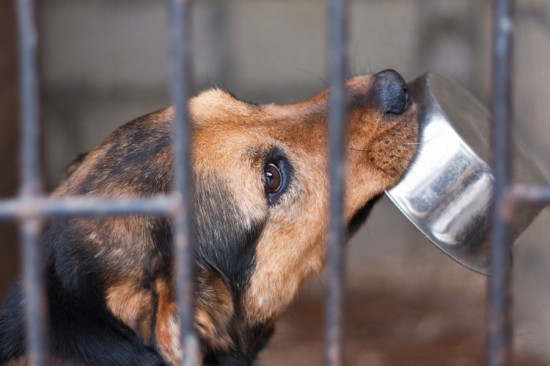 Guidance For Potential Adopters Of A Rescue Dog
Guidance For Potential Adopters Of A Rescue Dog
 Living With A Dog As A Contact Sport
Living With A Dog As A Contact Sport
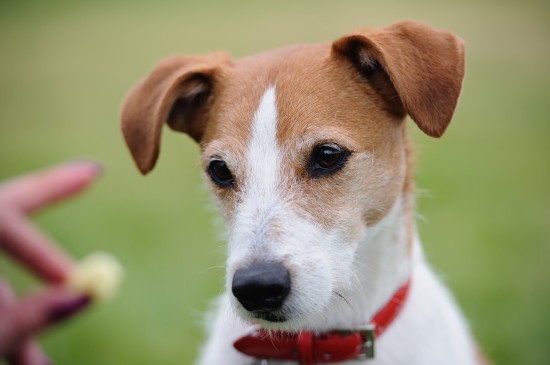 Weaning Your Dog Away From Expecting A Food Reward When Training
Weaning Your Dog Away From Expecting A Food Reward When Training
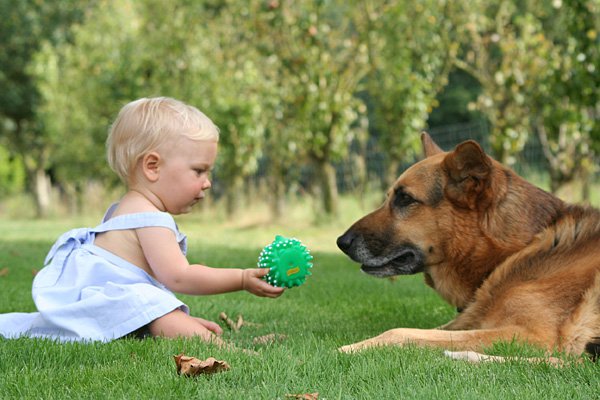 Take Good Care of Your Bunny Pet by Keeping it in Rabbit Hutches
Take Good Care of Your Bunny Pet by Keeping it in Rabbit Hutches
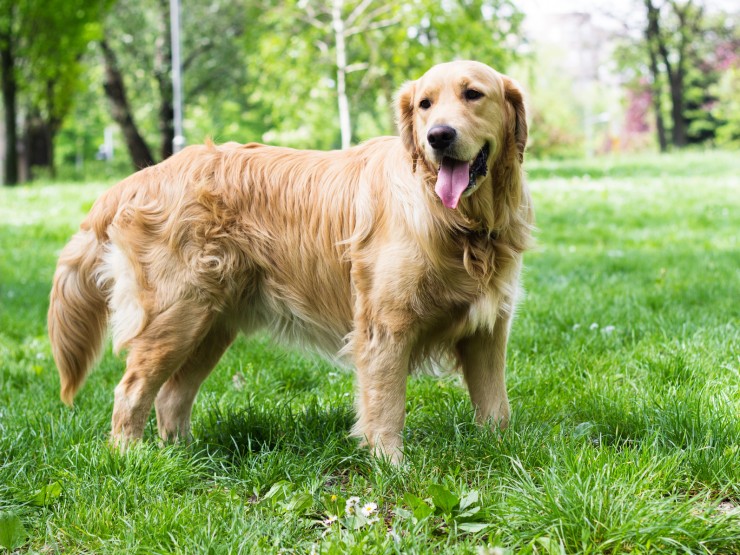 Five Universal Personality Traits Of The Golden Retriever
Five Universal Personality Traits Of The Golden Retriever
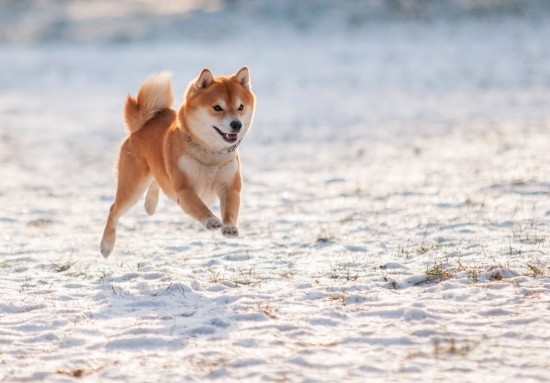 Learning More About The Shiba Inu Dog
Learning More About The Shiba Inu Dog
 Professional Help For Pet Sitting And Grooming
Professional Help For Pet Sitting And Grooming
Professional Help For Pet Sitting And Grooming
Professional Help For Pet Sitting And Grooming
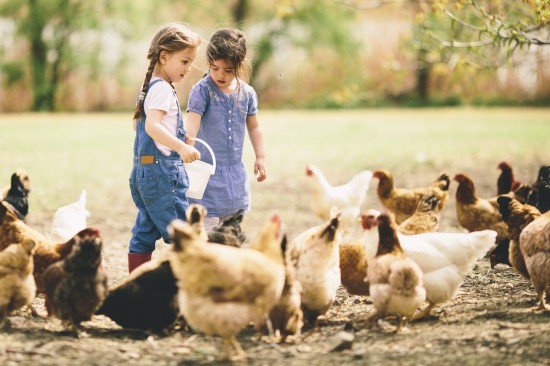 Top Tips On How To Feed Your Chickens
Top Tips On How T
Top Tips On How To Feed Your Chickens
Top Tips On How T
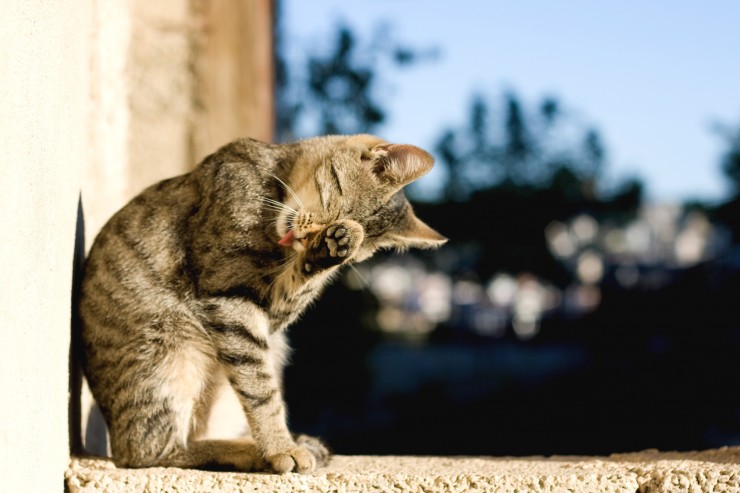 Why Does My Cat Groom Themselves So Much?
Why Does My Cat G
Why Does My Cat Groom Themselves So Much?
Why Does My Cat G
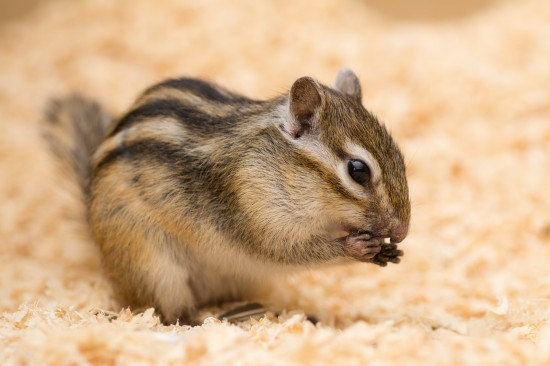 Have You Considered Keeping Chipmunks As Pets?
Have You Consider
Have You Considered Keeping Chipmunks As Pets?
Have You Consider
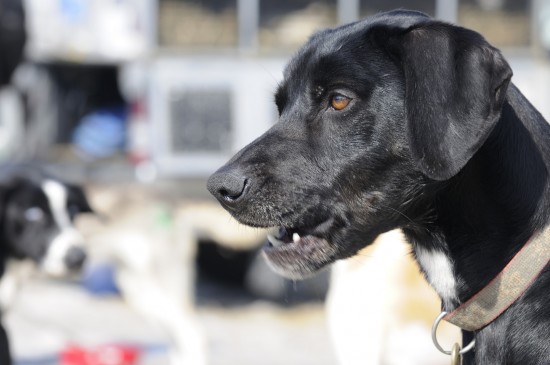 Why Might A Dog Become Aggressive With Its Owner?
Why Might A Dog B
Why Might A Dog Become Aggressive With Its Owner?
Why Might A Dog B
Copyright © 2005-2016 Pet Information All Rights Reserved
Contact us: www162date@outlook.com